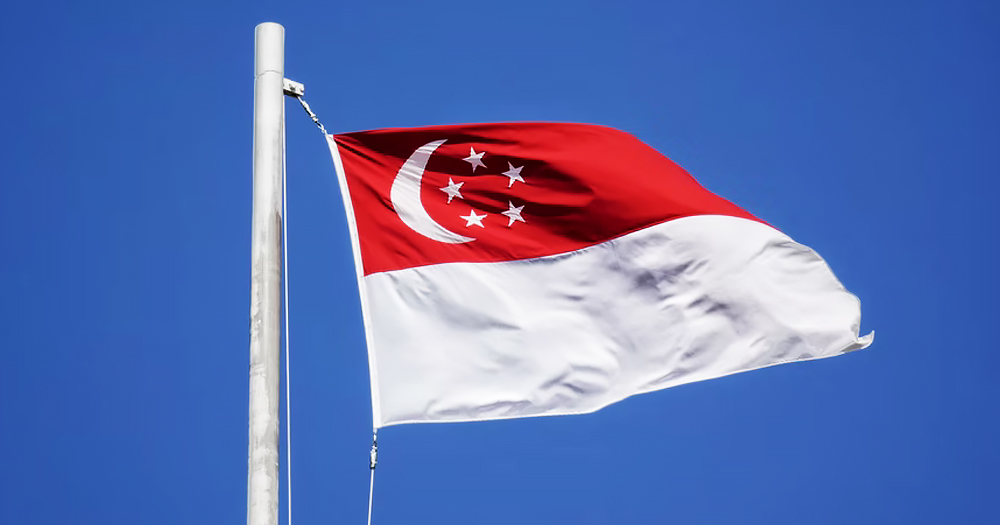The highest court in Singapore rejected the attempt to overturn the ban that criminalises sex between men in the country. The court stated that the law doesn’t breach constitutional rights as it is, in fact, not enforced.
Section 377A of the Penal Code is a British colonial-era ban on consensual sex between adult men from the 1860s which was enacted in Singapore in 1938. The law establishes that men who engage in sexual activity with each other are punishable with up to two years in prison.
The three activists who challenged the law, a DJ, the ex-director of a non-profit organisation and a retired doctor, argued that Section 377A violates their constitutional rights to personal liberty, equality before the law and freedom of expression.
Singapore’s Supreme Court declined on Mon to overturn a colonial-era law criminalizing gay sex, saying that because it was not enforced, the legal challenges did not stand. Interesting interpretation! (And yes, the pic is the new Supreme Court. The old building is on the right.) pic.twitter.com/sfUY5rFfYD
— Gaurav Dalmia (@gdalmiathinks) March 1, 2022
However, the Court of Appeals did not find any violations of the Constitution in their decision. Chief Justice Sundaresh Menon explained that the law was “unenforceable” and therefore could not deprive anyone of the rights to freedom and equality. He stated that, for this reason, the plaintiffs did not “have the standing to pursue their constitutional challenges to that provision”.
The judges thus ruled that Section 377A would still remain law, adding that the court is “not a front-runner for social change or an architect of social policy” and that “it is parliament, and not the courts, that is best placed to devise a pluralistic vision that accommodates divergent interests”. And because the Court of Appeals is Singapore’s highest court, this ruling is final and cannot be further challenged by the activists.
This is not the first time that the LGBTQ+ citizens of Singapore have tried to have the ban repealed. Between 2018 and 2019, three separate challenges were filed, and in all three cases, the law was upheld. The maintenance of the ban caused outrage within the LGBTQ+ community in Singapore, prompting activists to launch the online movement ‘Ready 4 Repeal’.
https://twitter.com/kixes/status/1498135038583799808?s=20&t=Hshb4zfXth0a8_GFnqdTeg
According to Eugene Thuraisingam LLP, the law firm representing the activists in this case, the mere fact that the court acknowledged that the law is not enforceable might “be seen as a small step in the right direction”. However, LGBTQ+ activists do not agree.
“Section 377A’s real impact lies in how it perpetuates discrimination across every aspect of life: at home, in schools, in the workplace, in our media, and even access to vital services like health care,” said Pink Dot SG, one of Singapore’s LGBTQ+ rights groups, in a statement commenting on the ruling.
Their spokesperson, Clement Tan, added: “Today’s ruling is frustrating for those who were hoping for some real change. Despite acknowledging that gay men should be able to live freely in Singapore, without harassment or interference, the court still hesitated to strike it down. It now falls on Parliament to deal the final blow to Section 377A.”
© 2022 GCN (Gay Community News). All rights reserved.
Support GCN
GCN is a free, vital resource for Ireland’s LGBTQ+ community since 1988.
GCN is a trading name of National LGBT Federation CLG, a registered charity - Charity Number: 20034580.
GCN relies on the generous support of the community and allies to sustain the crucial work that we do. Producing GCN is costly, and, in an industry which has been hugely impacted by rising costs, we need your support to help sustain and grow this vital resource.
Supporting GCN for as little as €1.99 per month will help us continue our work as Ireland’s free, independent LGBTQ+ media.
